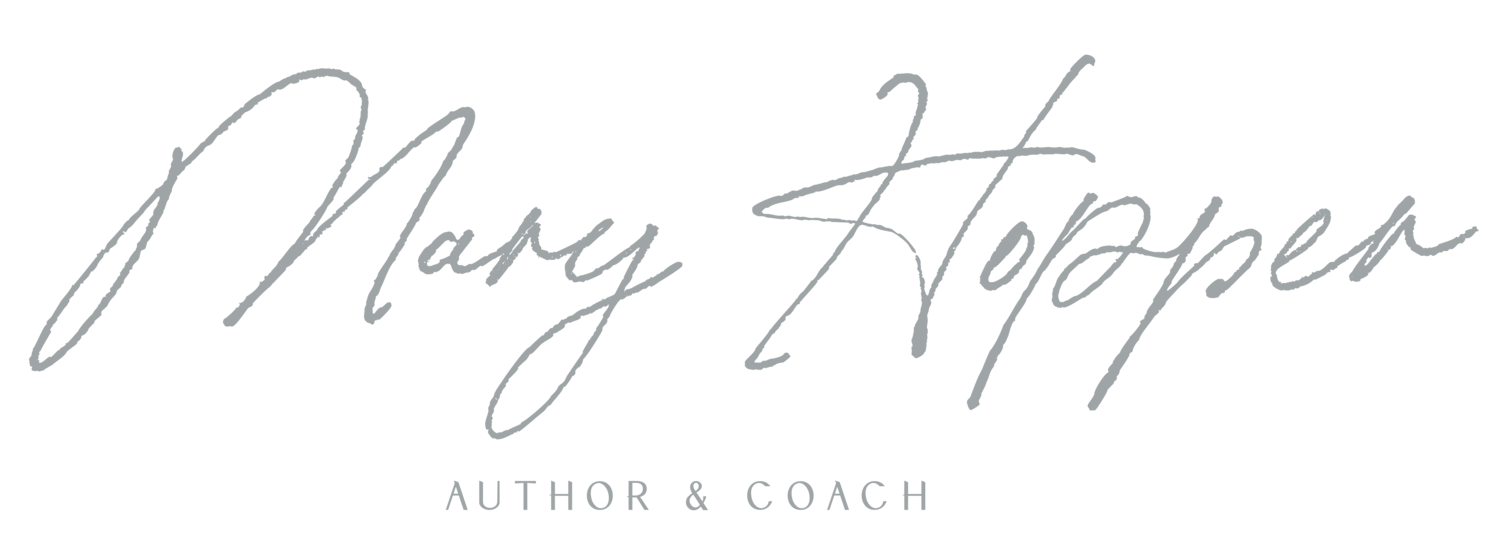daring greatly.
One of my goals for 2016 is to read one book per month. So far so good, as I've just finished my first book, Daring Greatly, by Brene Brown.

I'm not going to do a full fledged book report on it, because, honestly, who has time for that. But I did tell myself that as I'm reading books in 2016, I would like to take note of the words that seemed to jump out at me. I had hoped to underline or even write in the book as I read, but I never seemed to have a pencil handy, so I just dog eared the pages. Now, it's time to go back, review what I took note of, and share it with all of you (so you don't have to read the book yourselves--you're welcome!)
The following are all quotes from the book that I really loved and plan to ponder more in this new year (and if this is too many words, just read the bolded parts):
- We love seeing raw truth and openness in other people, but we're afraid to let them see it in us. We're afraid that our truth isn't enough--that what we have to offer isn't enough without the bells and whistles, without editing, and impressing.
- Only when we're brave enough to explore the darkness will we discover the infinite power of our light.
- But the real struggle for women--what amplifies shame regardless of the category--is that we're expected (and sometimes desire) to be perfect, yet we're not allowed to look as if we're working for it.
- When we spend our lives (knowingly or unknowingly) pushing away vulnerability, we can't hold space open for the uncertainty, wish, and emotional exposure of joy. For many of us, there's even a physiological response--a "coming out of our skin" feeling. We're desperate for more joy, but at the same time we can't tolerate the vulnerability.
- To claim the truths about who we are, where we come from, what we believe, and the very imperfect nature of our lives, we have to be willing to give ourselves a break and appreciate the beauty of our cracks or imperfections. To be kinder and gentler with ourselves and each other. To talk to ourselves the same way we'd talk to someone we care about.
- One of the most effective ways to recover from perfectionism is to start creating.
- When we stop caring about what people think, we lose our capacity for connection. When we become defined by what people think, we lose our willingness to be vulnerable. If we dismiss all the criticism, we lose out on important feedback, but if we subject ourselves to the hatefulness, our spirits get crushed. It's a tightrope, shame resilience is the balance bar, and the safety net below is the one or two people in our lives who can help us reality-check the criticism and cynicism.
- Compassion is not a relationship between the healer and the wounded. It's a relationship between equals. Only when we know our own darkness well can we be present with the darkness of others. Compassion becomes real when we recognize our shared humanity.
- Hope is a function of struggle. If we want our children to develop high levels of hopefulness, we have to let them struggle.
Have you read anything by Brene Brown? I'm thinking I will pick up a few of her other books, and definitely watch her Ted Talk, as she refers to it quite a bit in her book.
Up next on the reading schedule for February: 4 Agreements, and the Mastery of Love by Don Miguel Ruiz.
